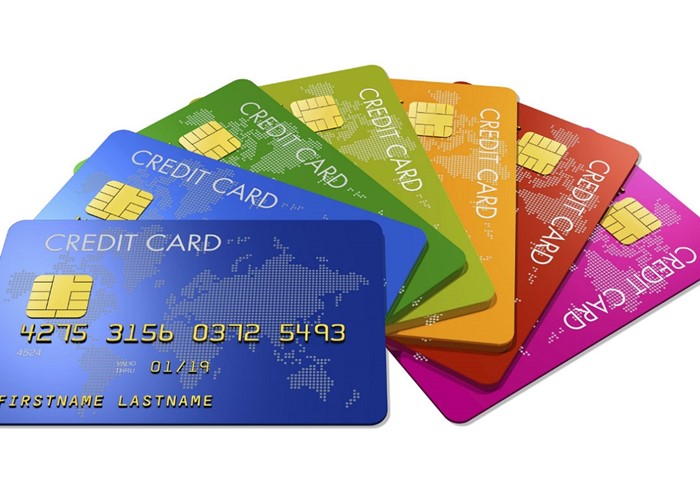
The credit-card industry has had big changes forced upon it that'll save us money, and some are beginning to take effect.
Virgin has just claimed in a press release that it's making its credit cards better. That's certainly true, but you'll soon see why it's a bit hard to believe that they deserve any kudos for it.
As of September, Virgin is switching the order in which you pay off your various card debts, such as purchases, balance transfers, credit-card cheques and cash withdrawals. Each of these types of debt typically have different charges and interest rates. At the moment your repayments go towards paying off the cheapest debts first, such as 0% deals, which means that the more expensive parts of your debt remain on your card for longer, racking up lots of interest. Virgin says it's now reversing this.
This is what Virgin calls 'further improving its credit card range', but I've seen it be responsible for a good number of the traps found in 12 ways your credit card rips you off. Apart from offering one of the longest deals on the market, I can't off the top of my head recall how it's improved its credit card small print before – not without pressure from outside anyway. I don't think it can claim any credit for this change to the order of repayments either, as thanks to government action all card providers will have to make the same changes from January 2011.
Rachel Robson explains how negative order of payment works and how to avoid it.
What's more, it's not Virgin that's making the change, it's MBNA. Virgin Money is just one company that uses MBNA issued cards, and MBNA announced more than a month ago that all its cards would change from September. Virgin Money says it wants to 'make everyone who is a Virgin Money credit card customer better off', but its late action comes across more like amelioration – or what's technically known in marketing as 'making the best of a bad [for Virgin] development'.
But I don't want to pick on Virgin, as 99% of credit-card companies use the same techniques. I just use them as an example because theirs was the latest press release covering this topic that I've read. I saw a similar article about the AA credit card, which is also MBNA, a little earlier, so Virgin's not the first and won't be the last card provider to try to make the best of losing this hidden money maker by proclaiming its desire to help its customers.
To get ahead of the other MBNA cards that might want to claim credit for finally changing to a fair order of repayments, here's a list of all those I could find (in December 2009):
|
MBNA Cards |
|
AA |
|
BikeCard |
|
BMF |
|
BMI |
|
Breakthough Breast Cancer |
|
British Heart Foundation |
|
Cheshire Building Society |
|
Childline |
|
Football clubs |
|
Homebase |
|
ICICI |
|
Melton Mobray Building Society |
|
Norwich & Peterborough |
|
PADI |
|
Play.com |
|
Rugby League clubs |
|
Ryanair |
|
Ski Club GB |
|
Star Trek |
|
Sonycard |
|
Toys R US |
|
Unicef |
|
Virgin Atlantic |
|
World Superbikes |
|
WWF |
We also shouldn't mindlessly rush to give MBNA any credit for making the changes a few months early. If it really cared about the consumer, we must wonder why it didn't do so years ago. Nationwide and Saga have had a straightforward repayment hierarchy for as long as I can remember, so it's not impossible.
More changes are due to be forced on the industry in January 2011, so Virgin et al may be featuring in further press reports over the coming months, expressing how wonderful they are that they're going to do what they should have been doing all along. These changes include:
- The right to refuse credit limit increases and to request credit limit reductions.
- The right to have more time to reject rate increases.
- The right to annual statements showing the cost of your card.
- For people in financial difficulties the right to more information including comparisons of the cost of only paying the minimum on your card.
More from lovemoney.com
Compare credit cards to get 15 months on balance transfers or 12 months on purchases.
Read how to Earn interest from your energy supplier.